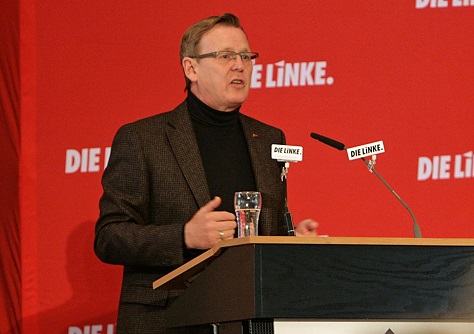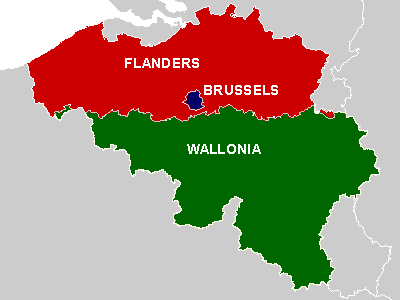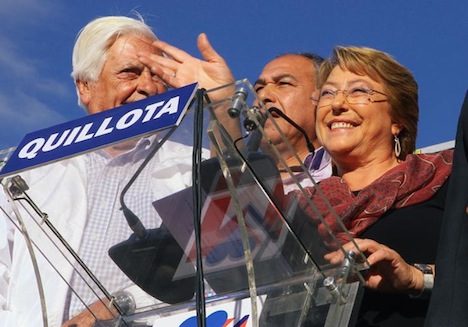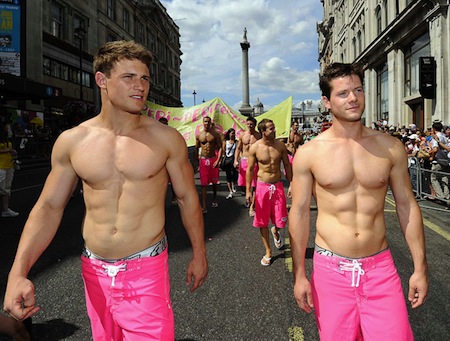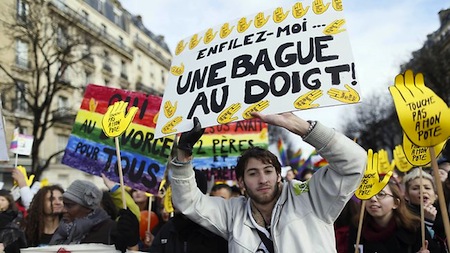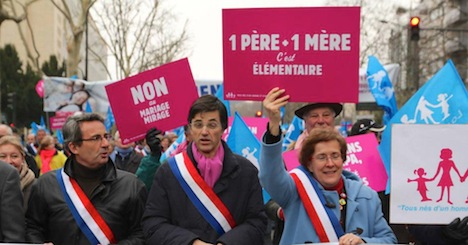
To the rest of the world, France is a virtual billboard for sexual freedom and sophistication.
Sex, of course, made an entire generation or two of French and European cinema — from Les enfants terribles to Jules et Jim to Last Tango in Paris. Paris, for nearly a century, has been the world’s premier city of romance, and its popular mayor since 2001, Bertrand Delanoë, is openly gay.
As recently as a few years ago, the amorous French were rated, alongside the Spanish, the Italians and the Brazilians, as the world’s best lovers. The international vocabulary of sex encompasses everything from French kissing to the ménage à trois. French voters have long accepted a certain liberté among their leaders — French president François Hollande and Ségolène Royal shared lives and children together for decades without formally marrying, former president Nicolas Sarkozy famously divorced and courted singer Carla Bruni in the first months of his presidency and former François Mitterand had a daughter with his mistress.
So it’s somewhat incongruent to see such strident opposition to same-sex marriage — on the day that France’s Assemblée nationale passed same-sex marriage into law, anti-marriage forces appear to have rioted in Paris, the city of love.
Since at least 1789, the French have never shied away from a riot — in recent years, France has seen civil unrest over everything from the plight of young Muslims in 2005 to the raising of the retirement age in 2010. But that hardly explains why same-sex marriage has become such a heated issue.
More troubling is that the vote follows at least two incidents of anti-gay violence perpetrated in France in recent days. Opponents vow to continue their fight — they’ve scheduled another large protest for May 26, notwithstanding the celebration of proponents of same-sex marriage, in France and beyond, and same-sex opponents have attacked Hollande’s government with increasing vitriol:
“They’re opening a Pandora’s box,” says Alain Escada, the head of the fundamentalist Christian group Civitas. “The next thing they will want three-way or four-way marriages,” blasted the archbishop of Lyon, Philippe Barbarin. “And then the ban on incest will be dropped.”
“Who would then, in the name of the sacrosanctness of love, still be able to convey that sex with animals or polyandry are wrongful,” asked the umbrella organization of Muslims in France. Finally, Frigide Barjot, the acid-tongued self-appointed icon of the anti-gay marriage movement, declared, “If Hollande wants blood, then he will get it.” The activist later retracted her statement.
Although the United Kingdom’s push for same-sex marriage hasn’t been without obstacles, it’s nonetheless moving forward and likely to be enacted by the end of the summer, largely without the passionate public opposition that we’ve seen in France.
Hollande has indicated he will sign the law, though the opposition has filed a challenge with France’s top constitutional court, so same-sex marriage, despite Tuesday’s vote, is not entirely a fait accompli.
There’s no mistaking the anti-marriage movement for the anti-marriage protesters in the United States, which is steeped in a more evangelical Protestant tradition. The name of most active anti-gay group ‘Manif pour tous‘ (‘Demonstration for all’) sounds at first like it could be a pro-gay group. It’s also a bit weird that the anti-marriage movement has adopted pink as its color, which makes the anti-gay protests in France look like, well, pretty much a gay pride parade in any other country:
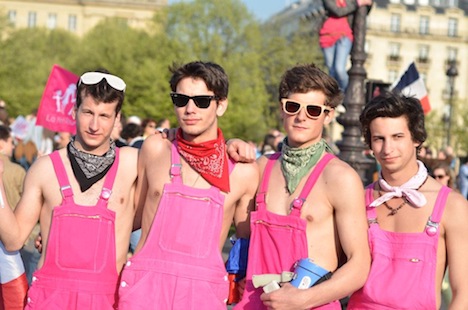
So why, given the famously laid-back approach of the French to l’amour, are so many of the French so actively opposed to gay marriage?
The push for same-sex marriage remains a very partisan issue. Unlike in the United Kingdom, where a Conservative prime minister has made its enactment a priority, largely with the support of the even more socially liberal Labour and Liberal Democratic parties, same-sex marriage remains an entirely leftist project in France, pushed by Hollande and his allies in the Parti socialiste (PS, Socialist Party) who control the French national assembly.
Yesterday’s vote was largely split on partisan lines, with 331 in support and 225 opposed — the opposition largely coming from Sarkozy’s Union pour un mouvement populaire (UMP, Union for a Popular Movement). It’s odd to see the French right doubling down on opposition to gay marriage, even as conservatives in the United Kingdom and even in the United States are coming to embrace same-sex marriage. But it largely has to do with internal politics — Jean-François Copé, the UMP president, and other top center-right leaders remain terrified of losing support to the more socially conservative Marine Le Pen, the leader of the far-right Front national (FN, National Front). The same dynamic pulled Sarkozy increasingly to the right during his own presidential career on issues like immigration and crime.
Continue reading Why is the opposition to same-sex marriage so strong in France? →
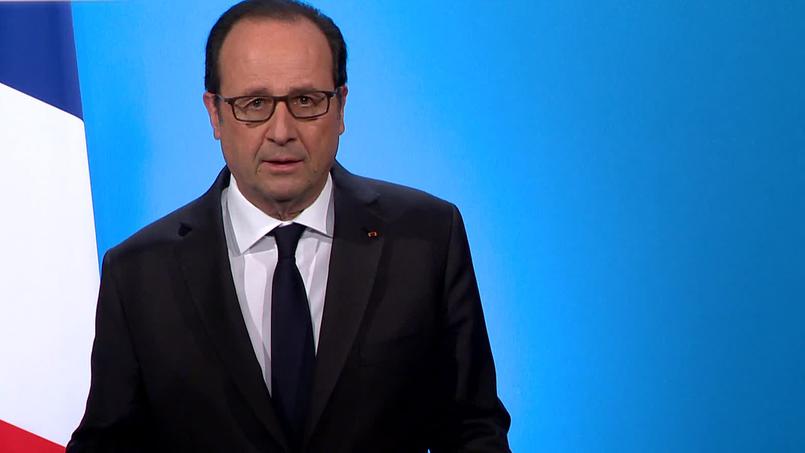
![]()
